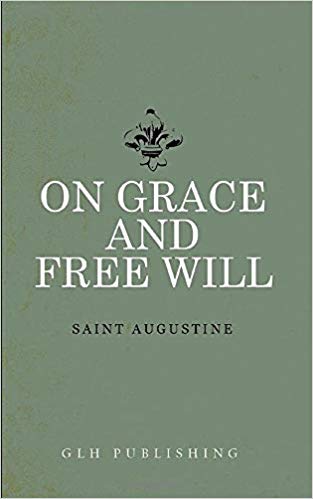A Brief “Bonus” Summary from Books At a Glance
By Todd Scacewater
To Valentine and the monks with him:
Because there are some who defend the free will of human beings to the extent that they destroy the grace of God, we have already held many discussions and committed them to writing. But since they continue, I was compelled to write to you and those who serve God with you, Valentine. For I have heard that disagreements continue among you on this issue. Until you come into a proper understanding of this, continue walking on the path that you are able to walk. As the apostle wrote, “if on some point your thoughts differ, God will also reveal this to you, but let us, nonetheless, continue on the same path to which we have come (Phil 3:15–16).
It is clear from the Scriptures that we have free will. The divine commandments would be fruitless if there were no free will to obey them. The commands were given so that men may not have an excuse. Indeed, even without the law, there is no excuse, for God has revealed himself to all men (Rom 1:18–20). But to speak of men being without excuse, it must be that men have the will to obey or not to obey. There are also an abundant amount of passages in Scripture that—in the Latin—refer to the “will” of man to obey or not obey the law (Ps 1:2; Rom 12:21; Ps 31:9; Prov 3:5; 3:11; 3:29; 4:2; Matt 6:19; 10:28; etc.). Thus, when anyone sins, let him not blame God, but blame himself for his own choices. And when anyone does good, let him claim it, for “he will repay each according to his works” (Matt 16:27; Rom 2:6; Rev 22:12).
[To continue reading this summary, please see below....]The remainder of this article is premium content. Become a member to continue reading.
Already have an account? Sign In
